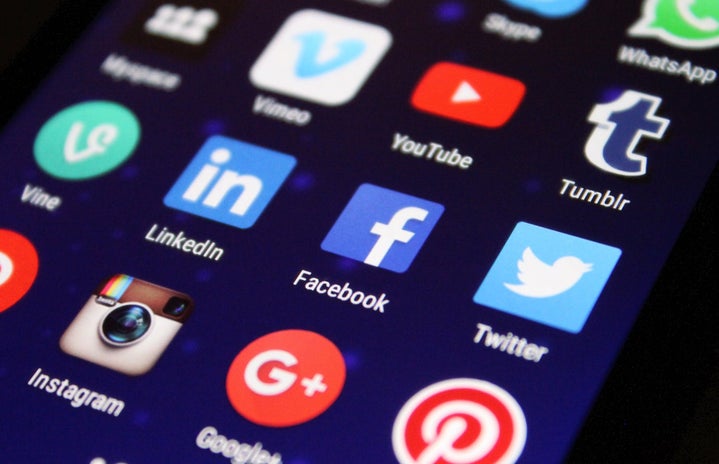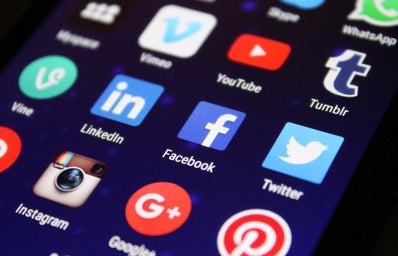Assange, commonly known as the founder of WikiLeaks, was arrested in London on April 11th. Since then the media has erupted with pieces in response. However, the vast majority that I have read gravely missed the mark of what’s really going. Many writers describe the horrible person that is attached to the name of Assange and many comment on WikiLeaks’ role in the 2016 election–all of which can be discussed in regards to Assange but have nothing to do with his arrest. All the talk of information not pertinent to Assange’s arrest, I’d argue, leads to clouded opinions being published.
Assange was charged by the U.S. government with one count of conspiracy to commit computer intrusion. The event in question occurred back in 2010 while Assange was working with Chelsea Manning. Manning at the time was a U.S. Army Intelligence Analyst who turned whistleblower by giving Assange classified documents to then publish. Assange offered to help Manning find a new way to get into the computers, computers to which her own credentials would have given them complete access. Manning was concerned if she dug any further under her own name that she would be discovered. It is unclear if Assange actually even succeeded in decoding the encryption that Manning sent him in attempts to enter the computer system under a different username. As the indictment says “cracking the password would have allowed Manning to log onto the computers using a username that didn’t belong to her […] such a measure would have made it more difficult for investigators to identify Manning as the source of disclosures of classified information” (as pulled from source 1). As Cassidy explains, the act in question, the act that Assange has been charged with, was conducted as an attempt to protect Manning’s identity (1).
This then pulls in the idea of journalism and why many journalists are in an uproar with Assange. If Assange is considered a journalist, he will be protected under the same laws all journalists are. Many investigative journalists go to great lengths to help their informants protect their identities, such as Assnage did in the case of Manning. However, if Assange is tried for this “crime” as a journalist, the ruling would then affect all journalists and their ability to keep their informants safe. The U.S. government has already strategically decided not to charge Assange with espionage, which could potentially be found on the grounds of him publishing classified documents. If the government did charge him with espionage, all the major news outlets that published articles with Assange’s documents from Manning could then be charged as well. The whole thing is undoubtedly messy. However, to simplify Assange is a problem for the U.S. Government. WikiLeaks is a very different media platform that many are scared of because of its forthright approach to information dissemination.
As Dan Froomkin, a journalist for the WhiteHouseWatch.com, said “There’s no question in my mind that Assange was engaged in a very valuable act of journalism. Some of it is a bit strange. Some of it is arguably bad journalism. But what he is being indicted for is an act of journalism that was protected by the constitution.” (2) I’d argue Froomkin summed this all up pretty well. Assange and his work are both strange and the quality can be argued as poor, however what the U.S. government has decided to charge him on was an act of journalism and needs to be treated as such. All this effort to arrest a man for trying to protect a whistleblower pulls into question the government’s motives. Assange is an asshole, as people who know him have said (3), but you can’t arrest a person because you don’t like their personality. And if he is truly such a shady criminal like the media has portrayed him to be why can’t the government find a legitimate crime he has committed and charge him on that instead of charging him for a crime that pulls all of journalism into question and could lead to a serious restriction of future journalists’ rights and ability to conduct their work? When the U.S. government can find an actual crime committed, like all the ones they have alluded to with the 2016 election, charge him for that. Until then, arresting a man based on shaky grounds of a nearly ten-year-old crime that the U.S. government has known about for a while and didn’t see fit to charge him with back then seems like a desperate move. As Raffi Khatchadourin noted, even the Obama administration knew about Assange and the event in question, but didn’t bring any charges (1). On top of that, Obama reduced Manning’s sentence which had been put for 35 years in prison and commuted the remaining 28 years from it (4).
Bringing charges now is either a move to eradicate a man whose personality has pissed you off or to subtly change the laws journalists currently have to protect them and their work in an attempt to reduce the media’s ability to produce investigative pieces. Either of these options should be of everyone’s concern. Assange was arrested on one charge, but once he goes to court he can be charged with other things as well, even for espionage (which would harm media outlets already vocally disliked by the current administration). I do not agree with many of the things Assange has done in his lifetime nor do I particularly care for the picture he has painted of himself, but his arrest means far more than just the sentencing of one man.
~M
- https://www.newyorker.com/news/our-columnists/the-indictment-of-julian-assange-is-a-threat-to-journalism
- https://www.aljazeera.com/programmes/listeningpost/2019/04/assange-arrest-potential-threat-journalists-190420130153110.html
- https://www.theatlantic.com/ideas/archive/2019/04/julian-assange-arrested-journalists-defend/586936/
- https://www.theguardian.com/us-news/2019/apr/22/chelsea-manning-federal-appeals-court-rejects-release-bail


